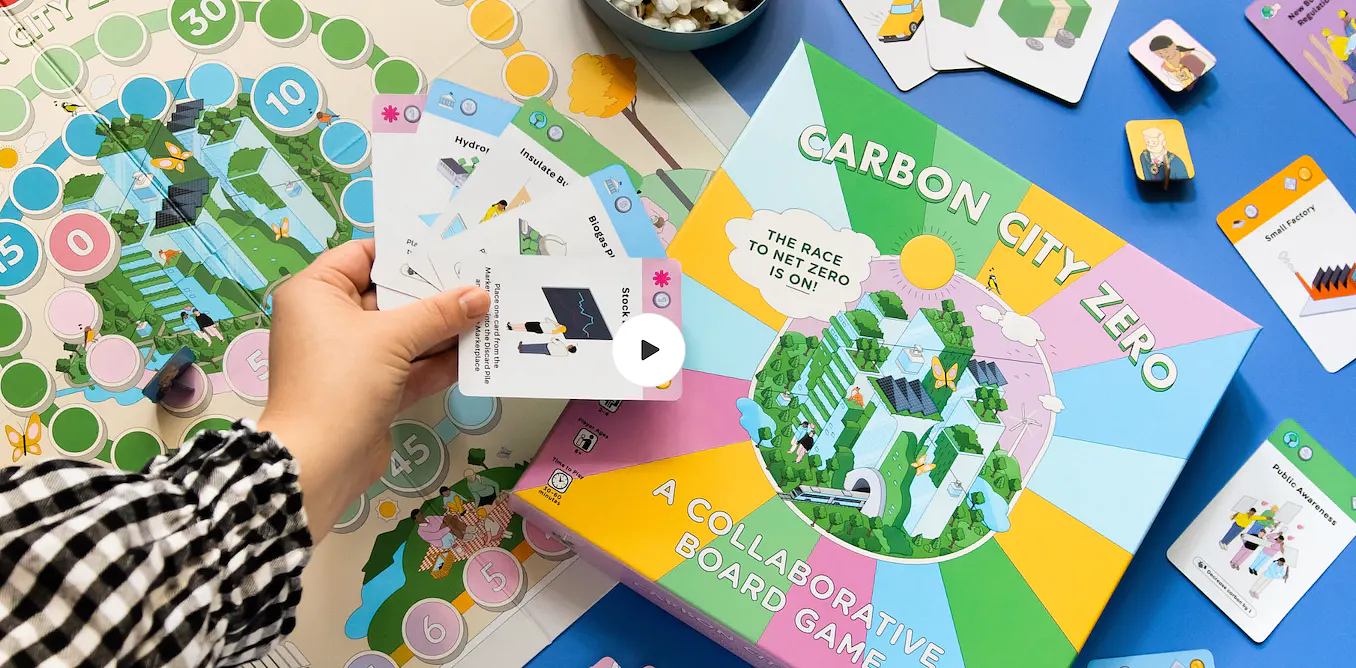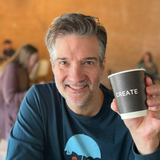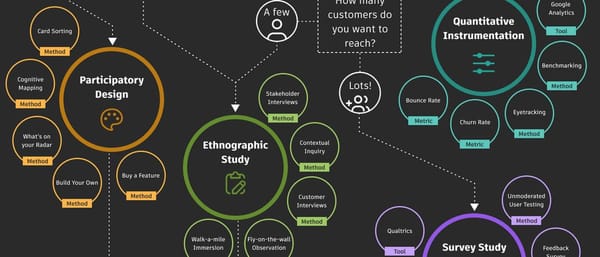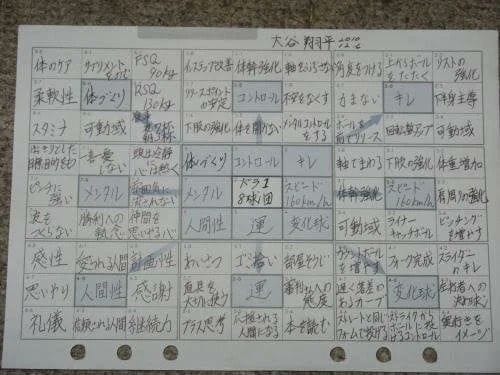№ 49 | Local-First Software, Time and Energy, Board Games and Climate Action, Six Verbs for Accessible Design, and a Topologists World Map

Local-first software
By way of this Wired article—“The Cloud Is a Prison. Can the Local-First Software Movement Set Us Free?”—I came across a new to me term (and manifesto): “Local-first software: You own your data, in spite of the cloud.” While the term is new, the concept is something I've been looking forward to (see my post on “Building A Preferred Future”). Oh, and this looks like the same group behind “Programmable Ink,” a really cool concept that was making the rounds earlier this year.
Time and energy?
Or, “Energy makes time.” Great read, and… I think I agree. I'll spoil things a bit with the punchline:
The question to ask with all those things isn’t, “how do I make time for this?” The answer to that question always disappoints, because that view of time has it forever speeding away from you. The better question is, how does doing what I need make time for everything else?
Board games and climate action.
“How board games can get people involved in climate action.” 🙂 I love the emphasis here on the social aspect of board games, and how board games (more so than video games) lend themselves to opening up conversations. Combine these social interactions with the ‘magic circle’ which creates a safe space for “players to experiment with different strategies and outcomes without real-world consequences,” and you have a winning combination.

Six verbs for accessible design
“Six verbs for accessible design” actually proposes three verb pairings. Each of which presents a thought-provoking tension:
- destigmatize / celebrate
- mitigate / accommodate
- automate / accompany
Topologist’s world map
Ooh… A thing to shift our perspectives. By omitting “size or position, this map only shows which countries border which other countries.”

More about this, and the process used to create it, at “The topologist’s world map.”
[Sidenote: In a way, this reminds me of Buckminster Fuller’s Dymaxion map, which, while more like a traditional geographic map, was designed to show how we're all connected.]
*** BONUS: For a fun bit of satire… Check out the “Government Consulting Barbie.” 😂






